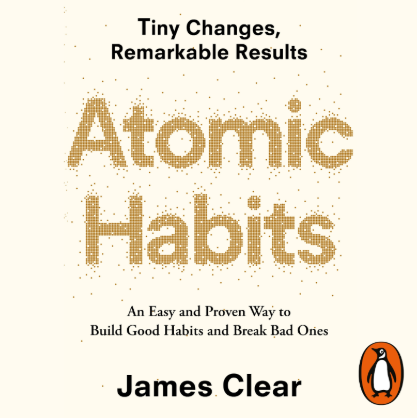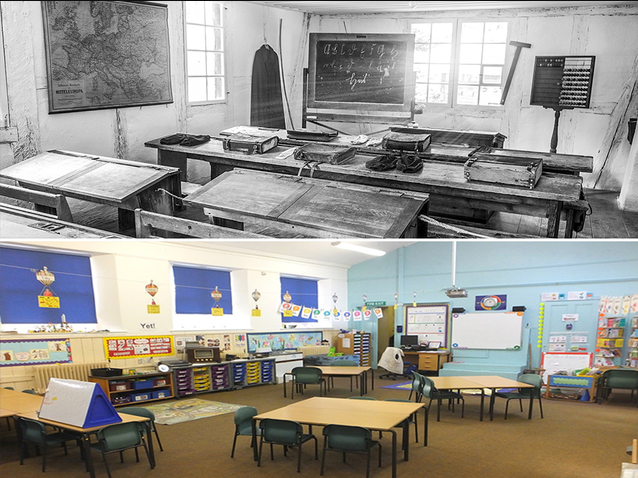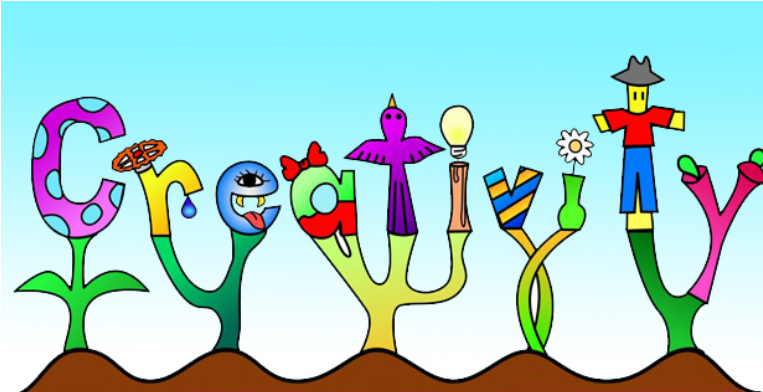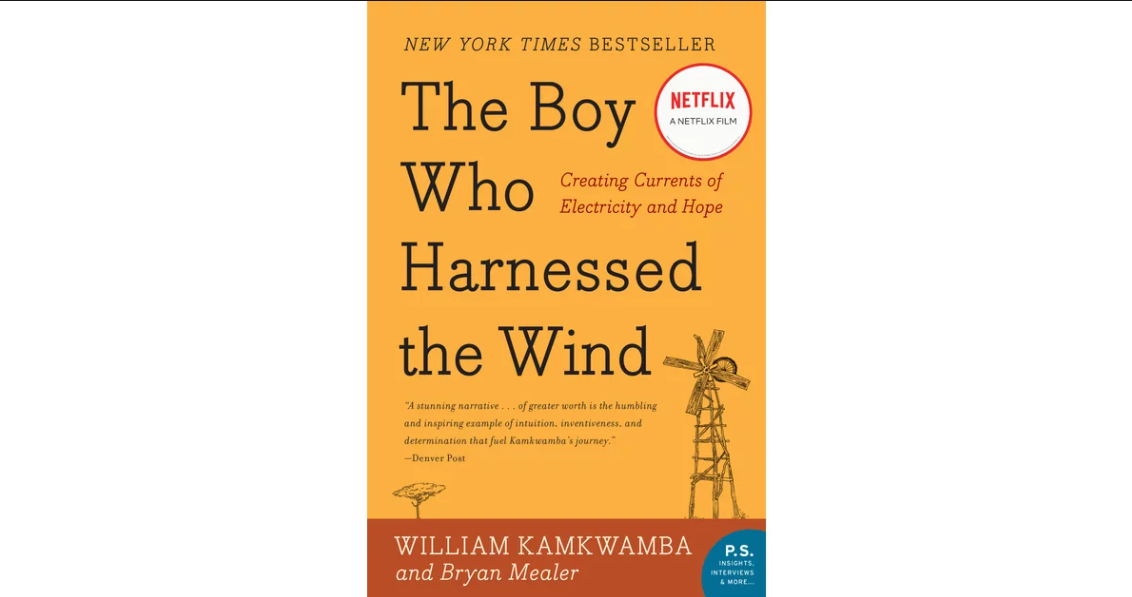There is quite a common contradiction when it comes to the uses of Artificial Intelligence(AI) in everyday life. A few argue that AI has been a driving factor in job displacement, while others argue that it is a technology that has been destined to shape our future. Indeed, this contradiction has led to arguments on the access of information to AI systems. More the information is fed into these AI applications, the more it is likely for AI systems to become self-conscious in ways that can lead to the destruction of humanity.
AI takeover is a pressing concern in the long term. It is important to solve issues of AI prevailing in the current society. As mentioned earlier, job displacement is a driving factor in recent times that has put AI under great scrutiny and oppression. Although AI systems are ultimately shaping new job opportunities, they are replacing existing jobs and workspaces.
Job displacement in fields like writing is an even bigger issue. We have all used AI applications to write something for us – let it be a college paper, school essay, or general homework. Moreover, AI is also taking over journalism, content writing/creation, and physical newspapers, since it takes a minute to write out an article covering a topic, whereas it takes hours or days to get it done by a human.
Such power is easily accessible at anyone’s fingertips. There is no need for the collection of information, sources, writing, and framing. All it takes is a few seconds to type out a prompt, which would be converted to an essay within minutes.
This is a concern for the current society. Not because of how AI has grown to a point where it can write out prompts in seconds, but the influence it has over the economy, politics, and society as a whole. Journalism is a task that requires careful consideration, skills, and proper data, something that AI applications physically can not do. Unlike journalists who are actively on the hunt for new data, being physically present on what they intend to write on, AI applications cannot do it and rely completely on sources online.
Thus, such prompts written by these AI systems can at times be misleading. They might not be updated with the latest information. It is also becoming increasingly difficult to differentiate between AI-written and human-written articles. These concerns about AI’s influence on society and writing are a prevalent part of society.
However, we cannot ignore the positive impacts such AI applications have on writing as well. It helps new creators learn, understand, and develop. It helps identify mistakes, adapt to them, and grow accordingly. Free learning tools and grammar identification websites that use AI are shaping the field of writing. It also enhances productivity and efficiency. Indeed, AI applications play a dual role in the sphere of writing.
As a writer myself, I look into both sides of this issue. On one side, I strongly stand with those who think AI applications have a positive influence on society, and on another side, I strongly emphasize the negatives associated with AI in writing.
AI has played a crucial role in helping me during my early stages on how to write, how to create suspenseful plots, and so on. It has increased my productivity and fueled my desire to continue writing during my initial stages.
As I write more and more articles, I find it a battle to remain original, and in a sense human while writing, when data can be generated within seconds using AI tools.
I strongly believe that AI tools can never replace human writing on the whole. While some may find it easy to write their essays using AI, writing is something that is more emotionally connected. It is, after all, a way to transfer emotions with the use of books instead of communication. Such emotions are carried only by letters that the author himself feels while writing. That much of an impact emotions have on reading, simply cannot be overridden by AI tools and applications.
Yes, I do have mixed opinions when it comes to AI in writing. While it may truly not be an ideal option, it enables people to learn and increase productivity. At the end of the day, in a world filled with AI applications, the one who uses AI the right way ends up winning. The key isn’t to let AI take over but to use it as a tool that supports and enhances human creativity. Technology should work for us, not the other way around.

)
)
)
)
)
)
)
)
)
)